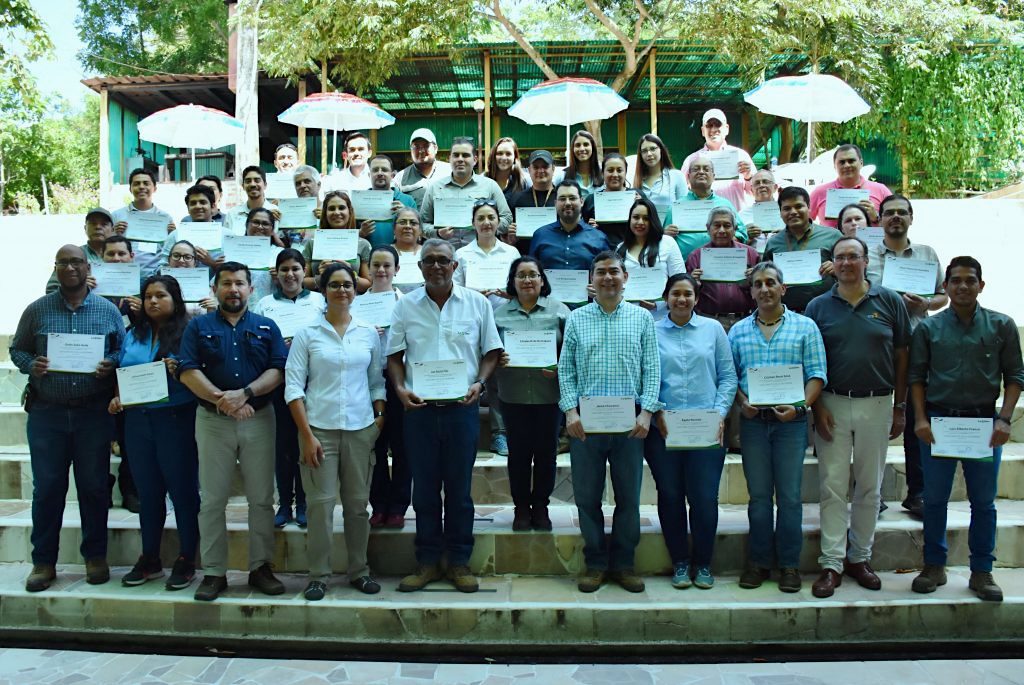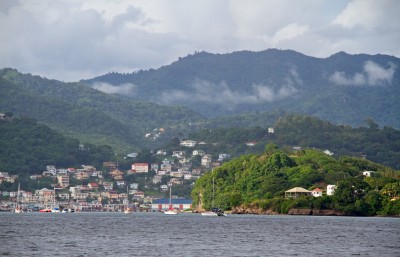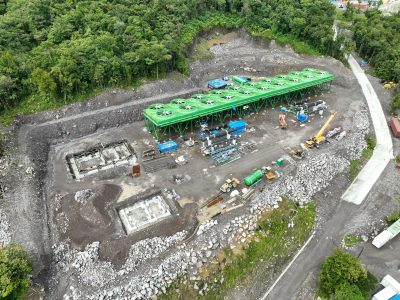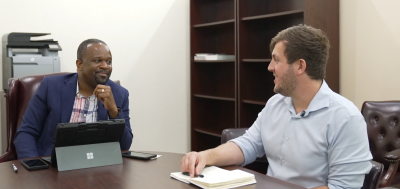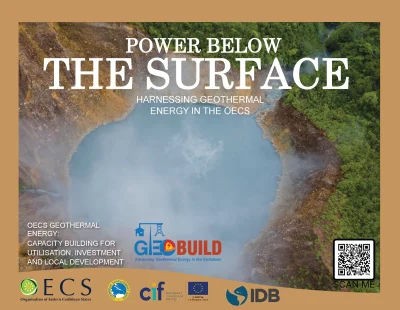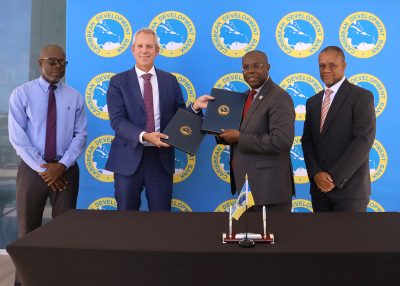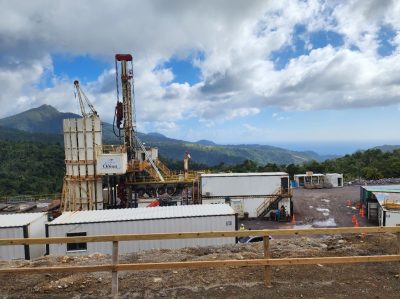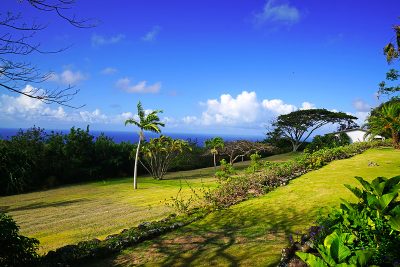40 practitioners successfully conclude GIZ training on geothermal direct use in Latin America
40 participants successfully conclude a geothermal training workshop at LaGeo in El Salvador on direct use of geothermal resources organised by the German International Cooperation Agency (GIZ).
40 people currently linked in the field of geothermal from Central American countries participated in a 40-hour training on the technical, geo-scientific and engineering aspects behind the applications for direct use of geothermal, in El Salvador from 01 to 05 July 2019.
Hosted for the second time in a row by LaGeo, with the technical support of the Program for the Promotion of Geothermal Energy in Central America which is implemented by the German cooperation GIZ for the Central American Integration System (SICA) managed to put participants’ disposition not only the knowledge and experience in the development of these processes at an international level, with both European and, at a regional level, Central American cases in the phase of prototypes or on going research.
In the design of the course, LaGeo had the technical and didactic advice of the Bochum Geothermal Research Center, an institution with extensive experience in research for the use of geothermal resources and based in Germany.
These supports included training expert coaches from Central American institutions to replicate similar courses and facilitate the dissemination and promotion of these technologies for future investments.
“Talking about direct uses is talking about a promising future. As a renewable, constant, stable source and whose availability has no impact on climate change. It is an energetic treasure that allows us to contribute to the challenges and objectives for sustainable development.” said Rosa Escobar, engineering manager at LaGeo.
For Escobar, LaGeo’s innovation work in developing prototypes for coffee drying, fruit and milk pasteurisation deserves to be shared to improve direct-use knowledge, which is feasible and with a high positive social economic impact for local rural communities.
When asked, why geothermal? And why direct uses? Isabel von Griesheim, adviser to German cooperation, mentioned that Germany has extensive experience using this resource and given the high potential of Central America, it just seems worth to share. “However, in order to truly take advantage of this resource, skills must be built in technical staff, decision makers and potential user industries of these technologies. This course is aimed at meeting the needs of that first group” replied the german expert.
Participants from all over the Central American region will receive the course in person for four days of classroom work and will include a technical visit to demonstrative projects at the Ahuachapán Geothermal Field.
For Rolf Bracke, director of the International Geothermiezentrum Bochum, who led the team of local facilitators for these modules, said that this second effort sought to create capacities on both technical and didactical level and will speed up the process to build trust in the technology and the source. “This is just the beginning, we are bound to continue making noise, and easing knowledge and experience. For Bracke, the next step is to follow through on what this group could do within the next two years, as each one of them are linked to an ongoing project or research back in their home countries.
This is not the first regional training effort. Last April, 41 more people were trained during the first edition of this course. In May 2019, a group of 13 Central American people participated in the coach training module (ToT) taught by the Bochum Geothermal Center in Germany.
The Geothermal Development Program in Central America implemented by the German cooperation GIZ on behalf of the Federal Ministry of Economic Cooperation and Development (BMZ) for the energy coordination unit of the Central American Integration System ( SICA).
